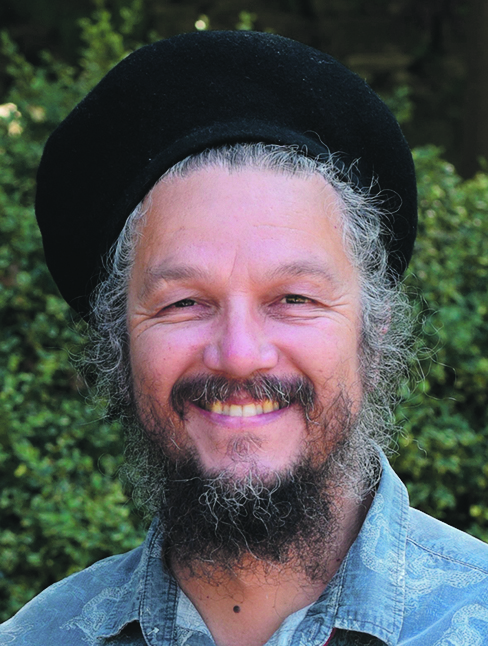Mayor's talk: We're in this together

.
It is a great honour to be elected mayor of the Whakatāne district. I am mindful that it is the whole district that I serve.
Draw a line from Wainui to Otamarākau, Murupara, Minginui, Maungapōhatu to Matahī and back and that is roughly the border of our district.
We are young and old. We are Māori (50 percent), and we are Pākehā/Tauiwi.
Our people originate from the Pacific, Europe, Asia, Africa and the Americas.
We are artists, entrepreneurs, farmers, community leaders, educators, health professionals and everything else imaginable.
We are friends, family and neighbours.
As mayor, I aim to connect with all our communities. I plan to write regularly in the Beacon and be active on social media.
You may have seen one of my “Facebook lives” already. I’ll be on the radio, and I’ll also be out around the district, kanohi ki te kanohi, face to face.
If you see me at a community event or at a coffee morning, come say hello.
One of the things that people often talk to me about is the cost of the rates.
Many people in our communities are struggling to pay the rent, groceries and other bills and rates don’t help.
People are hurting and they want to see council doing what it can to make rates affordable.
Unfortunately, that’s not easy. There is a tsunami of legislative reform coming at us from central government, all of which will chew up massive amounts of staff time and energy and cost ratepayers’ money.
Inflation and interest have a big impact as well.
But, the biggest factor is the cost of deferred spending on infrastructure. It’s catch-up time, and it hurts.
Spending on so-called “nice-to-haves” like repairs to the Rex Morpeth Hub sports facilities and the drainage and toilet for Mitchell Park add very little to your rates bill – maybe $3 a year.
I do think there are better things we can do to control spending, but they still won’t bring rates down.
Nevertheless, the council needs to be frugal with ratepayers’ money. I highlighted a number of things during the election that I will be doing as mayor to help control costs and I’ll write more about those in a future column.
The other thing that worries me as a new mayor is the possibility of a significant natural disaster.
This week’s storm warning didn’t turn into anything major, but we’ve always had big weather events in this district, and they are coming more often and more intensely.
And it’s not just climate change and storms. Earthquakes, tsunamis and wildfire are all risks we need to prepare for.
The personal, and financial, cost of such events can be significant for communities and for council.
These challenges are also opportunities, a springboard to build local resilience.
Watching our communities respond to natural disasters is inspiring.
Marae fling open their doors to feed and care for people, farmers get out on their tractors to clear blockages, family and friends house displaced people.
Stronger local communities go hand in hand with an economy that is sustainable and that creates shared prosperity.
The question is not how we survive these challenging times, but how we thrive, together.
The people of Whakatāne district have elected a great bunch of councillors, with a range of skills, experience and perspectives.
Every person around the table brings something of value.
Add in the extraordinary potential of our diverse communities and we have a recipe for something great.
We are in this together. Let’s get the place humming.